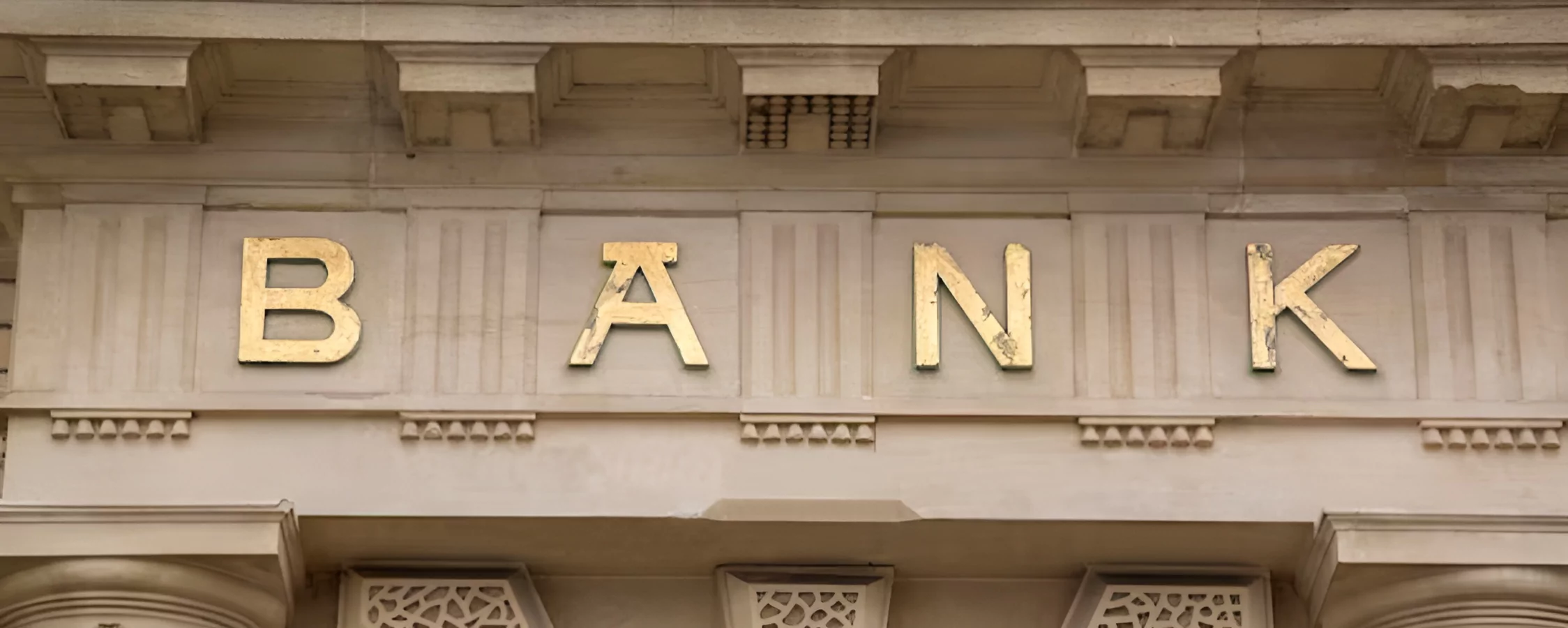The rise of technology is allowing new levels of automation across sectors. Smart contracts, or self-executing digital agreements that use blockchain technologies to function autonomously, are one of these big advancements. Smart contracts can improve workflows, prevent conflicts, and reduce inefficiencies associated with traditional paper-based contracting by simply defining normal operations and conditional statements into programmable code.
As this unique idea gains traction, both technical and non-technical audiences must obtain a basic grasp of smart contracts, including how they work, the advantages they give, and the opportunities and problems associated with using this emerging technology.
The Origins of Smart Contracts
The concept of smart contracts was initially developed in 1994 by Nick Szabo, a cryptographer and legal researcher. In a seminal whitepaper, Szabo detailed how the use of digital protocols and encryption may theoretically build digital agreements that self-verify, execute, and enforce transactions without the need for third parties, making contract breaches practically impossible.
While the necessary technology was not available at the time to completely accomplish this idea, it provided the conceptual foundation. The 2008 debut of Bitcoin reignited attention by proving the viability of a decentralized virtual money system. Then, in 2013, Vitalik Buterin unveiled the Ethereum blockchain, which had a built-in native programming language that enabled the development of decentralized apps and the eventual implementation of smart contracts.
What Are Smart Contracts
Smart contracts are basically programs recorded on a blockchain that execute when certain circumstances are met. They, like traditional contracts, aim to codify and safeguard agreements by ensuring that all parties comply with the parameters agreed upon. Smart contracts, unlike paper-based contracts, do not require legal systems or central agencies to enforce them.
The network automatically validates state transitions and payments based on coded contractual specifications using distributed agreement methods like as proof-of-work, eliminating the need for third-party involvement. For example, a simple smart contract may trigger payment from A to B if supplied items from B pass inspection by C on or before the given date, eliminating the need for buyers, sellers, or middlemen.
How Smart Contracts Work
Understanding how smart contracts work requires an understanding of certain fundamental blockchain technology ideas. Blockchains are shared, unchangeable ledgers of transactions spread throughout peer-to-peer networks. Every network member keeps identical copies of the whole transaction history and utilizes cryptographic proofs like as hashes to securely link new blocks of data to old ones, prohibiting changes to historical records.
Smart contracts make use of these features by encoding contract terms as a series of “if/then” statements in a specialized programming language, such as Solidity for the Ethereum network. When pre-defined requirements in the coded contract’s conditions are satisfied, such as the verification of product delivery, the associated clausal action, such as starting a monetary transfer, is automatically implemented over the decentralized network.
This procedure provides transparency, security, and finality of settlements without the need for a centralized authority. Contract conditions and results are placed directly into the blockchain for all parties to view and rely on, laying the groundwork for confidence in “trustless” peer-to-peer transactions completed without intermediaries using smart contract code execution.
What Are The Benefits of Smart Contracts

Smart contracts provide important benefits over traditional negotiated and executed agreements since they digitally codify ordinary procedures and put them on permanent public ledgers. They improve transaction security by ensuring that predetermined contract conditions are automatically enforced without the danger of noncompliance. This eliminates counterparties and lowers the likelihood of conflicts due to human mistakes or third-party influence.
Smart contracts also enable visibility by granting open access to all triggered transaction data, which is recorded clearly and immutably on blockchains. Along with security and finality guarantees, the cost-saving benefits of replacing human operations with automated executions cannot be emphasized. Other benefits include 24/7 worldwide access to contractual terms regardless of jurisdiction, as well as self-executing digital agreements that enable trustless trading regardless of counterparties’ reputations.
Real-World Applications
Unsurprisingly, smart contracts are catalyzing disruption across various sectors where multi-party coordination, conditional payments, and auditable process automation deliver appreciable benefits. The financial industry is leveraging them for uses like cryptocurrency token issuance, decentralized lending platforms, and blockchain-based securities trading.
The supply chain is another ripe domain for smart contracts with applications such as automating import/export paperwork clearance through container tracking smart contracts that initiate payments on goods delivery verification and provenance tracking for high-value commodities from origin farms to retailers.
Real estate leverages them for streamlining property purchases by directly encoding sales agreements to execute ownership transfers upon escrow fund reception while insurance utilizes them for claim assessments and payouts. Even government entities have started piloting citizen data protection and voting smart contracts showing transformative potential.
Technical Limitations
While delivering powerful capabilities, smart contracts are by no means a panacea. Technical limitations continue constraining their wider adoption, especially for complex, real-world agreements. Blockchain networks have finite transaction throughput capacities that preclude massive on-chain contract deployment.
Programming complex multi-step transactions also remains challenging due to formal verification difficulty and the administrative burden it poses on organizations. Additionally, current smart contract languages like Solidity still face auditability and security risks as seen in well-publicized blockchain hacks exploiting coding vulnerabilities.
Interoperability across independent blockchain platforms also forms a pressing issue as most smart contracts by design only function within self-contained networks. Flexible coded multi-network contracts providing contingency stipulations across different ledgers may help address complexity while boosting real-world utility.
Wider Ramifications
As smart contracts become smarter and more capable over time through technological developments, the potential disruption of traditional processes multiplies. Cross-industry standardization promises significant efficiencies by replacing bespoke contracts with modules combining best practices. Overhauling intellectual property rights frameworks may likewise be needed given ownership uncertainty over chain-executed automated agreements.
Compliance with continually evolving regulations remains a concern especially regarding data privacy, consumer protection, and anti-money laundering norms as blockchain use scales. Smart legal thinking is warranted to thoughtfully navigate associated jurisdictional, contractual, and technical challenges ahead for maximizing smart contract opportunities whilst minimizing regulatory frictions.
Their self-enforcing nature also obliges organizational and societal rethinking concerning dispute resolution, revisions, and self-amending contract abilities lest they spawn unintended rigidities. Careful design thinking is warranted to ensure equitable outcomes across counterparty asymmetries under chain-executed contracts.
Conclusion
Smart contracts hold immense transformative potential by cryptographically securing agreements in code to autonomously execute conditional transactions without intermediation. While facing technical limitations presently, continued development promises scaling solutions for even highly complex multinational arrangements. Their future impact hinges on addressing pressing challenges around standardization, legal compliance, and outcome fairness through concerted collaboration between technologists and policymakers. Done right, smart contracts could optimize processes firmly across economies in a trustless yet responsible fashion.













